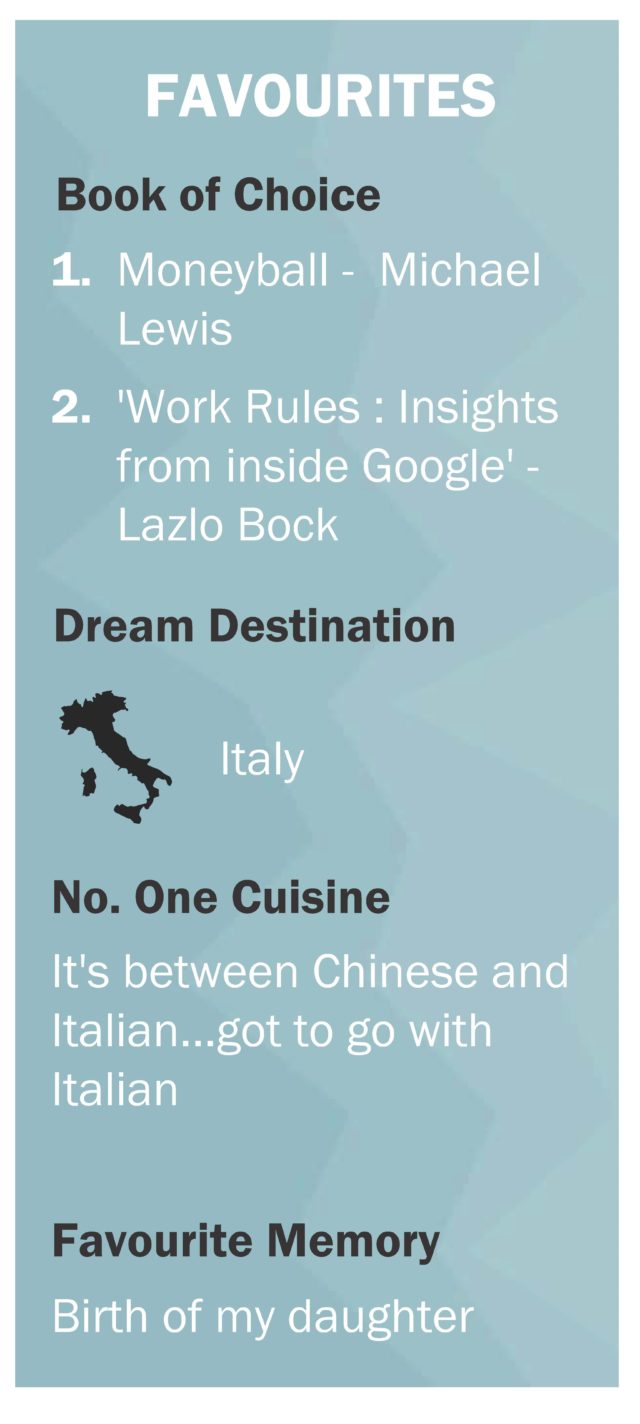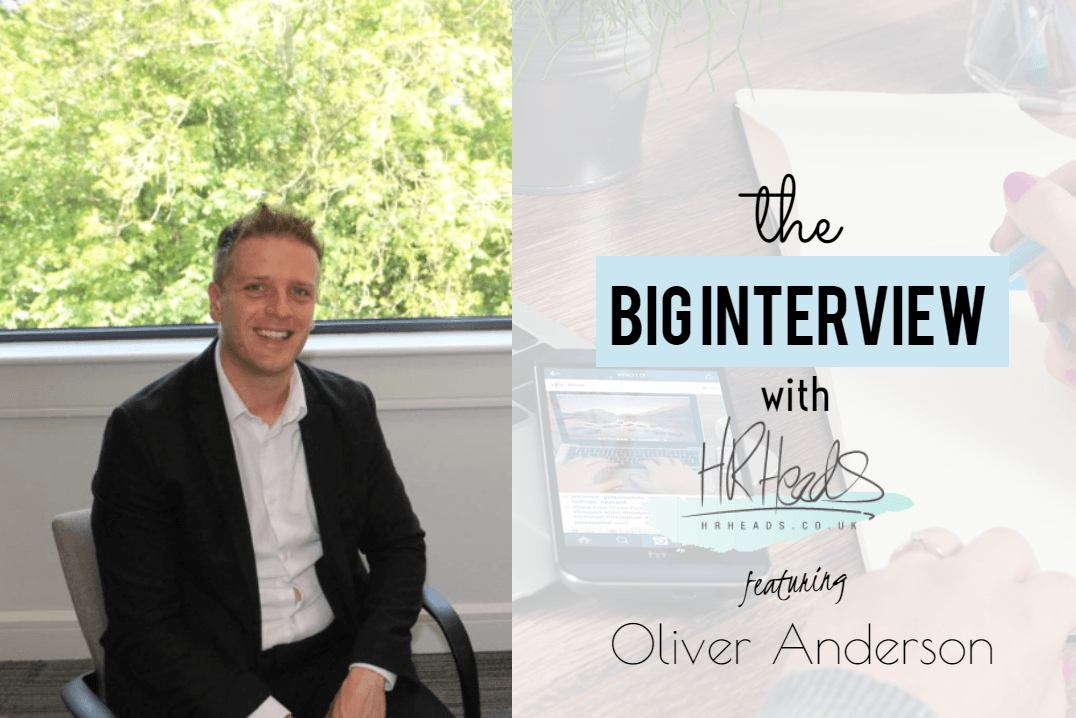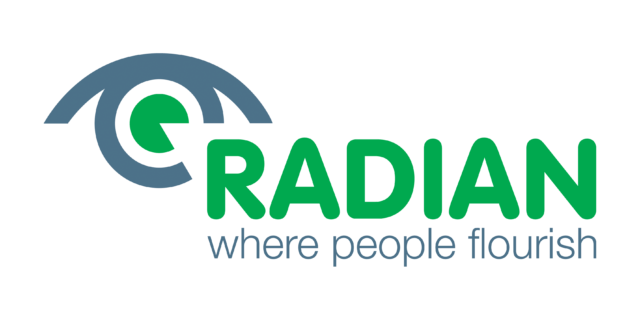The HR Heads Career Profile Series... we speak with HR professionals within our network to find out what a typical day in the office looks like, what they consider their greatest career success to be, what advice they'd give their 20 years' old self and explore some of their favourite things.
![]() When I joined, the team had gone through significant change and engagement was sitting at around 79%. My brief was to significantly impact upon business performance, our customer experience (internally and externally) and re-engage the team. By osmosis I have introduced a number of changes throughout the year within the team and into the business. Our latest engagement score in the team was 92%; and we’ve delivered projects in record time which has certainly paid off.
When I joined, the team had gone through significant change and engagement was sitting at around 79%. My brief was to significantly impact upon business performance, our customer experience (internally and externally) and re-engage the team. By osmosis I have introduced a number of changes throughout the year within the team and into the business. Our latest engagement score in the team was 92%; and we’ve delivered projects in record time which has certainly paid off.![]()
What does your typical day look like?
My day starts at 5.30am when I tend to exercise which allows me to clear my head before I start the working day. I certainly think about the day ahead on my drive into work. I arrive into the office at 8.30am and get some time at my desk and then it will be straight into meetings for the day. There is a lot of organising due to the amount of change we are currently going through. My role consists of sharing the vision with my team and other members of the senior leadership team to coach and ensure consistency of messaging. Lots of the work we are doing is about changing reward and aligning this to high performance, so thinking less as an HR team and more as a people performance team is key.
What do you both love and find frustrating in your role?
In any role there are always the bits you love and hate. I love my team so in the year I have worked here I have really enjoyed changing and developing the team in a different way. I have 20 people in my team across all disciplines and we have re-branded the team instead of restructuring.
The thing that frustrates me the most is ensuring the team get heard. The opinion of HR generally has notoriously been reactive and not business focus….. The way we have got round that is to bring our evidence to the forefront instead of bringing knowledge, qualifications or employment law to the table. It’s giving the rationale behind the decision and even though it’s not our decision to make, we give the evidence as to why you should do it this way.
One year in, what lies ahead for the next year?
We are 5/6 months through a massive transformation and we still have 6 months’ to a year left on that project. There will be a huge amount of management development within the team and individuals. Our long term focus is on innovation and culture in terms of the macro and hard OD, but for now it’s about the slightly softer stuff, the vision, the values, the behaviours, joining the dots and linking all that innovation. We have been looking at innovation days, this is time off site to do something different that can then be brought back to the business and make an impact. We are also doing Dragon’s Den initiatives, so a lot of different things because research says a scatter-gun approach influences innovation better. You have to create a culture that captivates everyone & allows them to flourish in their ideas.
What is your proudest career moment?
My proudest career moment is going to the HPMA awards (a Medical Awards Ceremony). This was when I worked for the NHS. It recognises
health related interventions in work and we were nominated for HR intervention of the year. Although we didn’t win, we were highly commended against 290 other applications. We were trying to be truly innovative and different and to be recognised like that was pretty good. I have also written a couple of books on analytics of football when I worked with premier league teams, which people love to ask me about.
What would you advise your 20 year old self?
- Career paths aren’t linear, they are stepping stones and can go in completely diverse directions.
- ‘Let it happen’, if you put the right people in place, the right plans in place and delegate authority through making them masters in their own area, allow that to happen and you can’t fail to be successful.
The essential skills for a People & OD Director according to Oliver:
- Absolutely know people – (relate and motivate people)
- Understand Performance
- Be Analytical – Numerical data (you will be behind the times otherwise)
- Be Evidence Based (Back Up Your Opinions)
- Become a Skilled Coach (facilitate the conversation)
Click here for more great articles
 Jennifer Gaster
Jennifer Gaster


